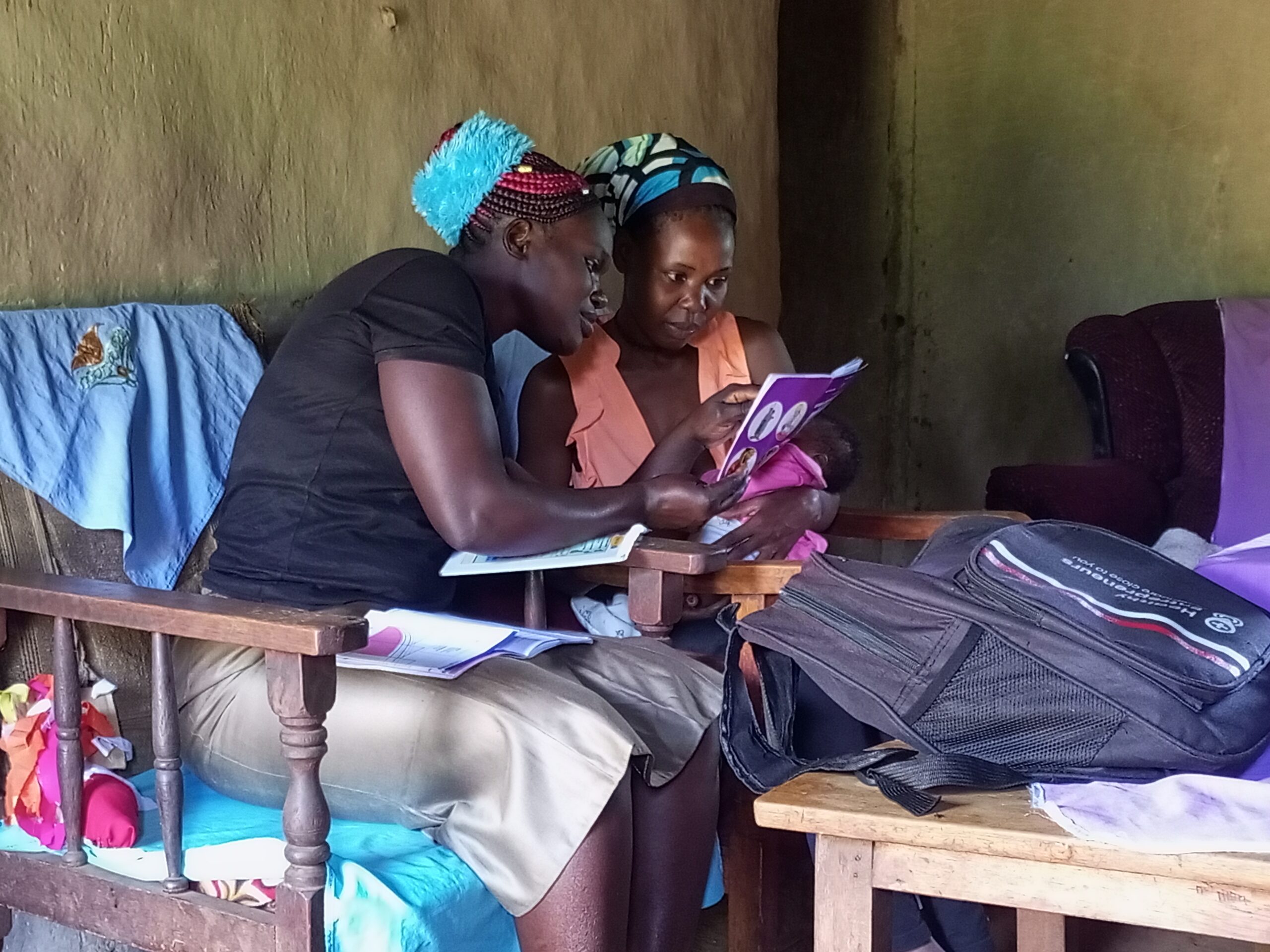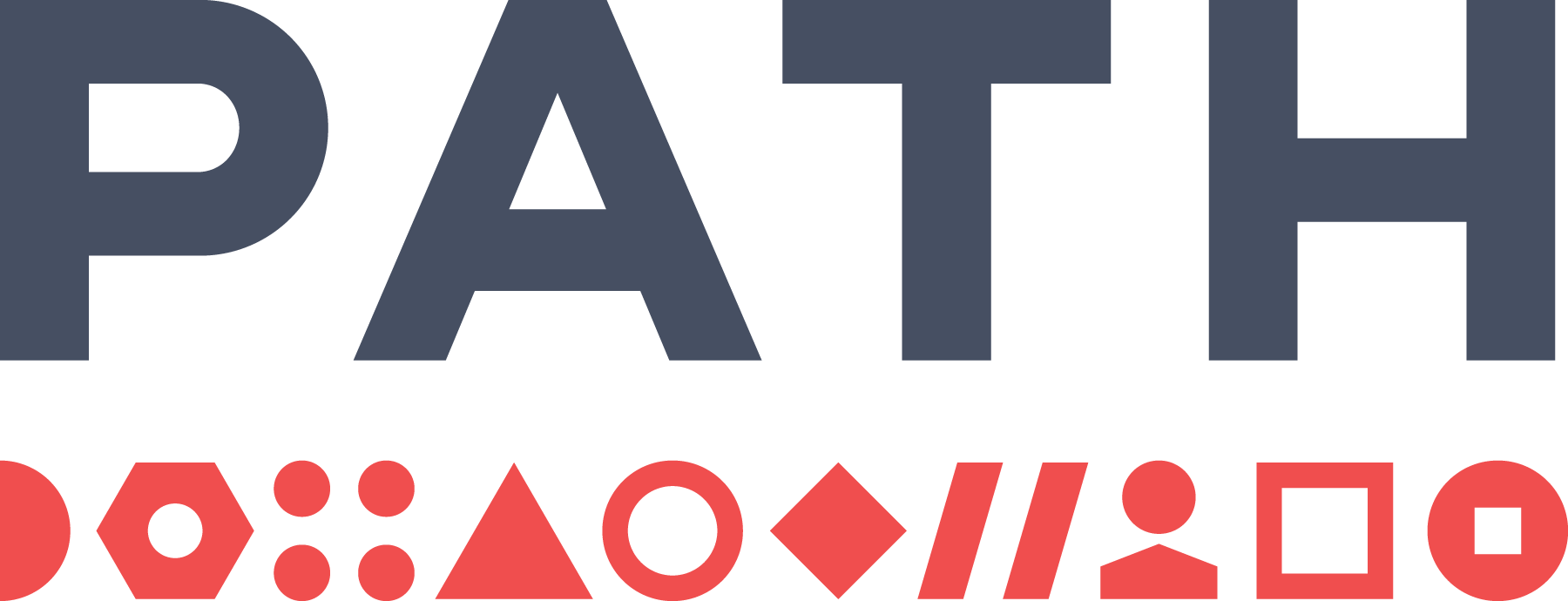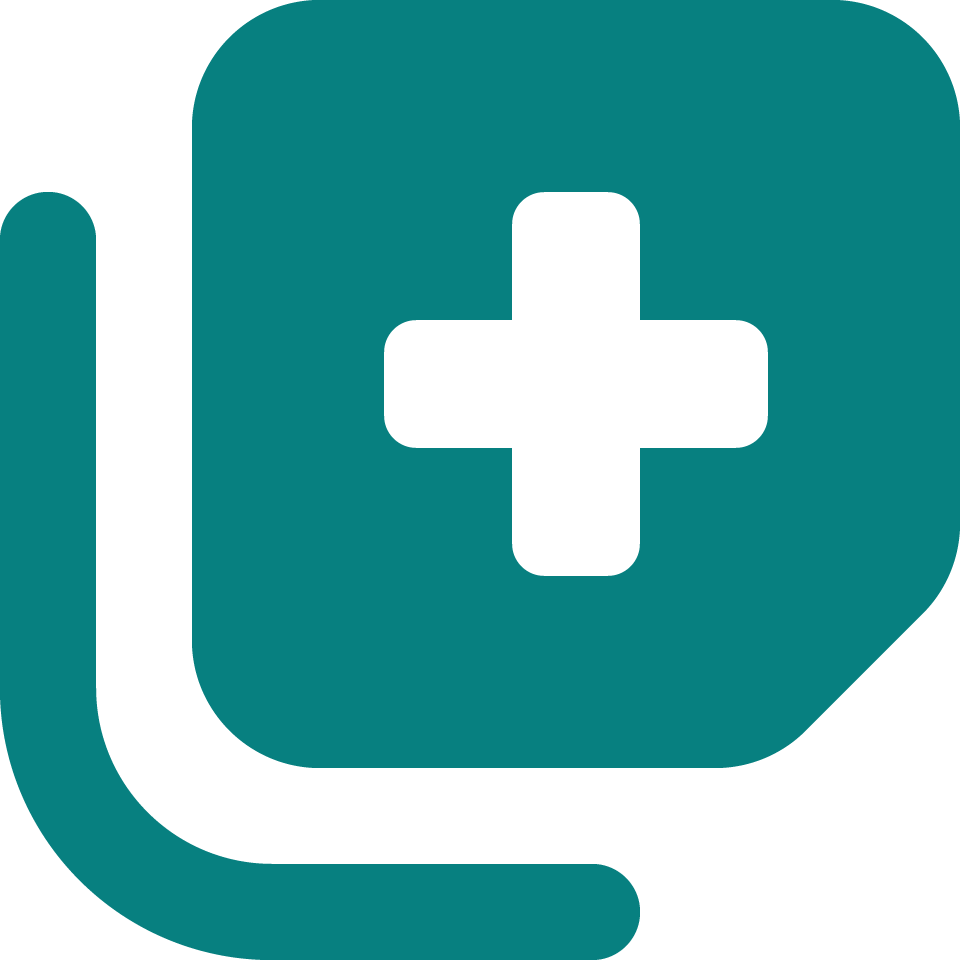ECD in community health
Since 2014, PATH has been working in Mozambique and Kenya to test tools adapted from the Care for Child Development package (WHO, UNICEF, 2012) with government community health workers (CHWs). In both countries it was the first time that CHWs were introduced to developmental monitoring and counseling. The eventual objective was to integrate ECD content into existing government tools provided to CHWs, and this was achieved to different degrees in both countries.


